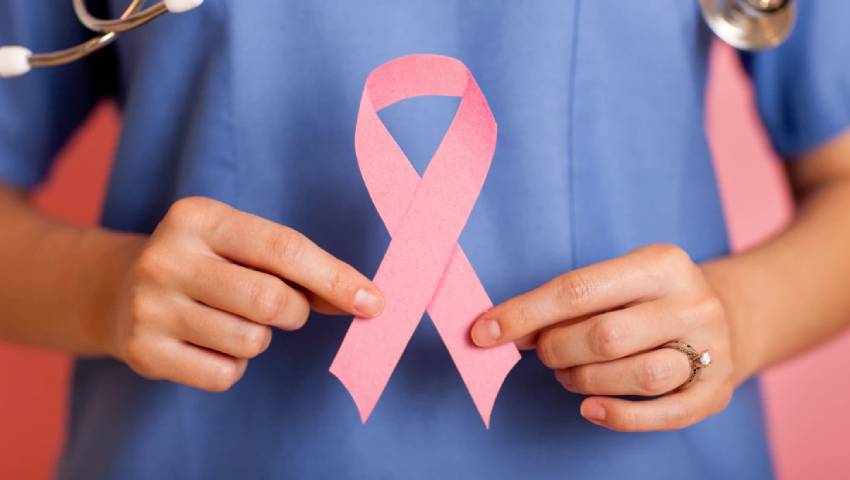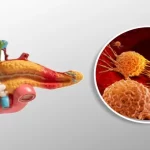
Cancer is a complicated topic that numerous people do n’t completely understand. There are lots of myths and mistaken ideas about it. These incorrect beliefs can make people afraid and confused, and occasionally stop them from getting the right medical assist. We want to clear up these common misunderstandings and give you the right information. Let’s talk about some of the big myths and facts about cancer in a way that’s easy to understand, under guidance of the best surgical oncologist in Hyderabad, Dr. MSS Keerthi.
Myth #1: Cancer is Contagious
Fact: Cancer can not be circulate from person to person like a cold or flu. It develops from inheritable mutations or environmental procurators, not through casual connection. You ca n’t” catch” cancer from being around someone who has it.
Myth #2: Only Older People Get Cancer
Fact: While cancer is more common in aged grown-ups, it can affect people of all ages, including children and young adults. procurators similar as genetics, lifestyle choices, and environmental exposures can contribute to cancer evolution at any time.
Myth #3: Does cancer spread to other family members who live in the same house?
Fact: Cancer itself is not contagious like a virus or bacteria. It develops due to genetic mutations or environmental procurators specific to an existent’s body. Living in the same house as someone with cancer doesn’t raise the threat of developing cancer for other family members solely based on propinquity. still, certain genetic procurators can predispose family members to certain types of cancer. Regular screenings and healthy lifestyle choices can help manage cancer pitfalls within families.
Myth #4: Alternative Therapies Can Cure Cancer
Fact: While some alternative remedies may complement traditional cancer treatments and help handle symptoms, there’s no scientific evidence to support the claim that indispensable therapies alone can heal cancer. It’s pivotal for existents with cancer to work with healthcare professionals to explore all evidence- based treatment options for the best practicable outcomes.
Myth #5: Artificial sweeteners cause cancer.
Fact: The majority of scientific explorations haven’t set up a direct link between artificial sweeteners and cancer threat in humans. Regulatory agencies similar as the FDA and EFSA have approved the use of artificial sweeteners predicated on extensive safety assessments. still, like numerous effects, temperance is crucial. Consuming inordinate amounts of artificial sweeteners or any other food additives may not be beneficent for common health. As part of a balanced diet, artificial sweeteners can be a safe option for reducing sugar input, especially for individuals with diabetes or those trying to handle their weight.
Myth #6: All Lumps are Cancerous
Fact: Not all lumps or masses found in the body are cancerous. In fact, numerous lumps are benign(non-cancerous) and may be caused by a variety of factors similar as excrescencies, infections, ornon-cancerous growths called lipomas. still, it’s essential to have any new or unusual lumps estimated by a healthcare professional to determine the cause and applicable treatment, if necessary. Ignoring lumps or assuming they’re cancerous without proper evaluation can lead to gratuitous anxiety and delay in receiving applicable care.
Myth #7: Sharing Personal Items Can Spread Breast Cancer
Fact: Breast cancer, like other forms of cancer, isn’t spread through sharing particular items similar as clothing, towels, or utensils. Breast cancer generally develops due to inheritable and environmental factors, not through casual contact. It’s important to concentrate on known threat factors for breast cancer, similar as family history, age, hormonal factors, and lifestyle choices, rather than bothering about transmission through everyday interactions.
Myth #8: Drug firms, government, and medical professionals are hiding a cancer cure.
Fact: There’s no proof to support the claim that a cure for cancer is being intentionally hidden by pharmaceutical companies, governments, or medical professionals. Cancer research is a cooperative effort involving scientists, healthcare providers, nonsupervisory agencies, and funding associations worldwide. Significant progress has been made in understanding and treating various types of cancer, leading to improved survival rates and quality of life for numerous patients. It’s essential to trust estimable sources and ongoing research efforts rather than believing in conspiracy propositions about retired cures.







